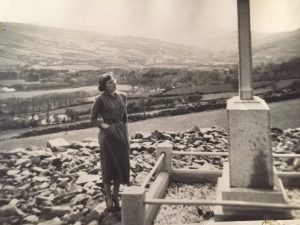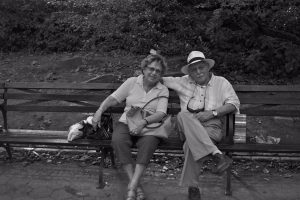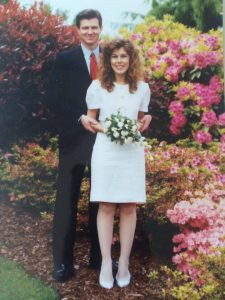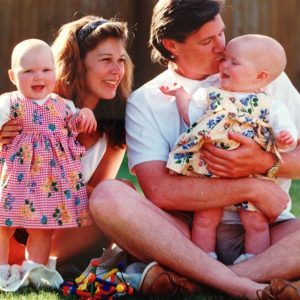I’ll admit that I struggled to come up with a topic for this week’s blog. The past couple weeks in our ASTU 100 class focused mainly around academic writing, as opposed to an actual work of literature. To get some outside perspective, I called my dad on the phone and we brainstormed. He casually mentioned that during his time at university, this writer’s block would not have been as much of a problem, as I could have simply purchased an already written paper, or had someone write a brand new one for me. This got my attention. I decided to write about this practice and received insight from two of my family members: my dad, and my older sister.
My dad went to a prominent west-coast university in the late 1970’s. Before the internet, accessing vast amounts of information with the push of a button was not possible. Research was much more tedious, and some people may not have had time for this lengthy process. So, students would pay others, that is other students or graduates who are out of work, to write their paper for them. Eventually, actual businesses providing such a service were established, and these businesses still exist as online services. This way, you could go for the custom written model, or browse through a recycled, pre-written section.
It’s not as if everyone did this, but according to my dad, it wasn’t unusual. He never did this himself, but he knows of at least two close friends who obtained essays in this way, and knew that many of his peers were guilty as well. He estimated that an already written paper went for around ten dollars a page, and a newly written paper could be about twenty five dollars a page. This being in 1977 money, that would be $37.66 per page and $94.15 per page in todays money, respectively. That could make anyone with a full-time student’s budget shudder. But it was so common-practice that flyers, much like ones we see today for tutoring and piano lessons, advertising such services all around campus. This sounds impossible today, but technically, its not illegal.
Plagiarism is probably the biggest crime a scholar can commit, and this was the case when my dad was a student, but proving these crimes was significantly more challenging. Just as it was a laborious task to find information for your essay in the first place, it was even more difficult to determine whether or not a student had plagiarized simply by looking for the pre-existing work. By his account, students were caught for two reasons: they may have been a below-average student who turned in a doctorate level assignment, or another student who actually put in time and effort ratted them out.
These services still exist on the internet. When I was doing my research about the topic, I entered the words “essay writing services”, and I was shown eight different websites that do exactly that on the first Google results page. Most of them are very quick to mention that they are not an illegal service, and they imply that writing a paper by yourself would be impossible, so they are your best option. I dug a little deeper, and found one website that provides you with a price quota, which I obviously played around with. On this website, a five page essay at an undergraduate level that is due in three days costs $90.00. A ten page essay at the same level that’s due in six days costs $160.00.
My older sister Eireann is currently a teaching assistant at Simon Fraser University, so I asked her if she had any experiences with plagiarism. She said that while in her undergraduate years, no one she knew ever paid another person to write their essay for them. When I told about the stories my dad had told me, she was obviously very unfamiliar with the practice, as it is either not nearly as common, or just a well-kept secret. She never even knew anyone who simply stole another persons work without citing it, but she was told the same horror stories by her professors about the consequences. As a teaching assistant, she sees the same fear in her classes that I experience, people are afraid that they’ll plagiarize accidentally, either because they don’t know how to cite sources, or because of their familiarity with the all too common copy-paste method. Apparently, when a situation like this did occur, the professor decided to treat the accident like a lesson, rather than a punishment.
I can’t end this post with a brilliant solution to this occasional lack of academic integrity, I can only continue to be interested in it. But based on what I’ve learned, the consequences of plagiarising are much worse than doing poorly on an assignment. In three words: Not worth it.
Special thanks to Diarmuid and Eireann O’Dea
Inflation calculation thanks to Bank of Canada. Retrieved from: http://www.bankofcanada.ca/rates/related/inflation-calculator/




